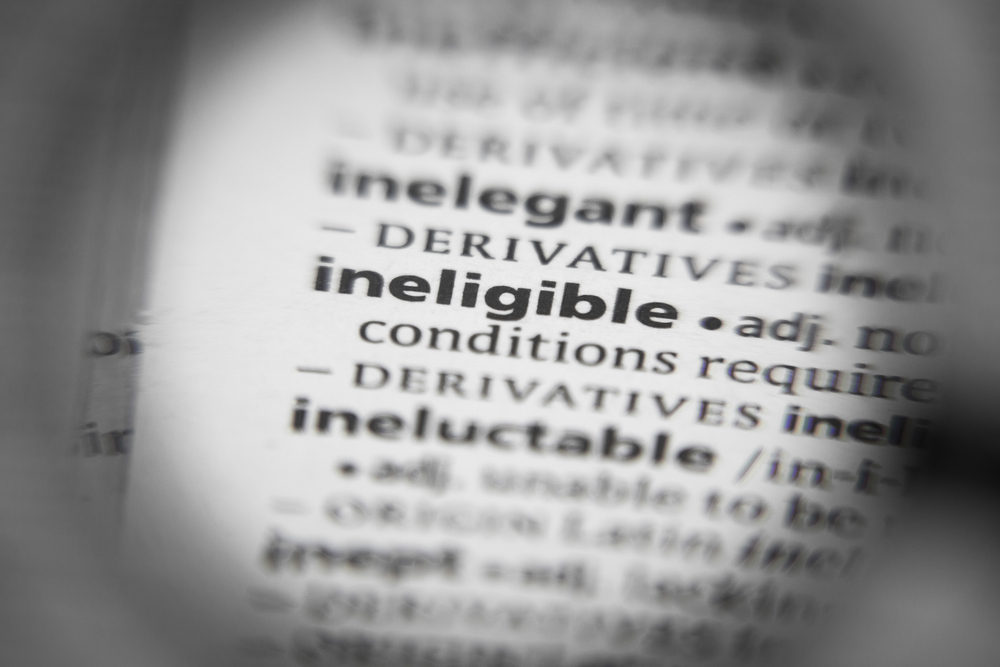“Is offshoring the training of AI a credible and efficient response to minimize copyright compliance risks or is offshoring merely a theoretical argument designed to both influence lawmakers and for government relations purposes?”
 Artificial Intelligence (AI) is global, and copyright laws are national. Thus, some countries will have strict laws on making copies of copyrighted content to “train” an AI system while others will be more relaxed. Laws are about economics, and countries with more relaxed laws are likely to be countries with smaller creative industries and which wish to use the relaxed legal regime to attract AI investment.
Artificial Intelligence (AI) is global, and copyright laws are national. Thus, some countries will have strict laws on making copies of copyrighted content to “train” an AI system while others will be more relaxed. Laws are about economics, and countries with more relaxed laws are likely to be countries with smaller creative industries and which wish to use the relaxed legal regime to attract AI investment.
AI companies will use these jurisdictional differences as leverage to lobby for the relaxation of legal standards in countries with stricter laws. For example, Open AI’s submission in a U.S. AI and Copyright Consultation stated the following: “Copyright Barriers to training AI systems … would have disastrous consequences.” And: “…could jeopardize the technology’s social value, or [could] drive innovation to a foreign jurisdiction with relaxed copyright constraints.”
But can an AI company just move to a different jurisdiction and escape copyright consequences? And would a user of Generative AI services be much assured by an AI tool created in a so-called “relaxed copyright jurisdiction?” Should a company or consumer—or the entities insuring companies for copyright infringement claims—be assured by a “statement of (foreign) origin” of any AI system in as much as the jurisdiction of origin is known to allow the unlicensed use of pre-existing copyright works in the training of AI or is notorious for allowing transgressions or for failing to enforce copyright laws generally?
A Legal Quandary
These questions implicate the legal minefield of so-called “conflict” or “choice of laws” rules. These rules govern which country’s laws apply to a set of facts, activities, or conduct. Is it the country of origin of the creator, or the country in which the AI company is located, or the country where the content is stored, or the country of the user? Is it the place where any copyright-relevant act takes place, or where any such act has an effect of harming copyright holders?
In general, the applicable choice of law principle for intellectual property infringements is the age-old maxim of “lex loci protectionis” (what in German is called the “Schutzlandprinzip”): the applicable law is the law of the country where protection is claimed.
Based on these widely established rules for IP, the question then turns on: (1) who is engaged in a reproduction or other acts that infringe a copyright protected work and (2) where are they getting sued?
As to (1) above: Is the defendant or respondent to a lawsuit (a) the company or individual that created, maintains and updates, or otherwise controls the Generative AI tool (for purposes of this article let’s assume in a jurisdiction that allows the behavior), (b) the company or individual that uses such a tool (the “client” or on-shore user of a Generative AI tool) and who feeds the questions and prompts, or (c) all of the above? If all of the above, does it matter under applicable national law where the suit is filed, whether there is a primary or secondary infringer in the scenario, and/or a liability based on so-called vicarious liability or contributory copyright infringement available?
The short answer is that all these questions will also be dealt with under the laws of the place for which protection is claimed.
For example, UK law explicitly does not permit text and data mining of copyright materials for commercial purposes without a license, while Singapore law does (where those have been lawfully accessed). Imagine that a Singapore-based entity trains a commercial AI through text and data mining after downloading materials from a UK domiciled publisher with servers in the UK which did not license the commercial text and data mining rights to the Singapore entity. That entity could have liability in the UK, as could its UK-based users if they use an AI system created in violation of UK law.
Of course, each situation is fact specific, especially when dealing with laws in jurisdictions such as the United States, where the making of copies for AI is actionable and often subject to a fact-intensive fair use analysis.
Offshoring: Practical or Theoretical?
This leads to the question of whether or not offshoring the training of AI is a credible and efficient response to minimize copyright compliance risks or if offshoring is merely a theoretical argument designed to both influence lawmakers and for government relations purposes. I would argue that if companies expect to engage in global conduct, the law will force them to abide by the copyright laws of each territory in which they are active, just as they are required to comply with privacy, data protection, consumer safety and other laws in countries where they do business, have assets, and/or cause harm.
Image Source: Deposit Photos
Image ID: 6496641
Copyright: stuartmiles

![[IPWatchdog Logo]](https://ipwatchdog.com/wp-content/themes/IPWatchdog%20-%202023/assets/images/temp/logo-small@2x.png)

![[Advertisement]](https://ipwatchdog.com/wp-content/uploads/2026/02/Junior-AI-Feb-10-2026-sidebar-CLE-700x500-1.jpg)
![[Advertisement]](https://ipwatchdog.com/wp-content/uploads/2026/02/Anaqua-Feb-12-2026-sidebar-700x500-1.jpg)
![[Advertisement]](https://ipwatchdog.com/wp-content/uploads/2026/02/Ankar-AI-Feb-17-2025-sidebar-700x500-1.jpg)
![[Advertisement]](https://ipwatchdog.com/wp-content/uploads/2025/12/LIVE-2026-sidebar-regular-price-700x500-1.jpg)







![[Advertisement]](https://ipwatchdog.com/wp-content/uploads/2021/12/WEBINAR-336-x-280-px.png)
![[Advertisement]](https://ipwatchdog.com/wp-content/uploads/2021/12/Ad-4-The-Invent-Patent-System™.png)







Join the Discussion
6 comments so far.
Meng
March 23, 2024 10:53 amThanks
Anon
January 28, 2024 10:22 amAnonToo,
Your insinuation is a bit tawdry.
AnonToo
January 27, 2024 05:15 pmWhatever is the case, more copyright attorneys will be employed to sort it out in each country.
Anon
January 25, 2024 09:09 amMB, one need not move to Somalia (and not that Big Corp hasn’t engaged in global hopping for lowest cost factors for decades now).
As for UK, they are an excellent example of a “strict” jurisdiction. Have you seen their AI governance proposal? Can you say ‘extra-territorial?’
As for Sunak – I tend to not follow any day to day for him once I saw his WEF pedigree.
MB
January 24, 2024 01:10 pmLobbying aside, can’t imagine the big tech companies will move to Somalia, just because the laws are more relaxed. Not sure if the UK is a good example of a “strict” jurisdiction, since Sunak’s gov has been trying to be the very opposite, and explicitly so.
Anon
January 22, 2024 09:26 amWhich jurisdiction is being viewed as the destination to which this offshoring would occur?
The US has a much friendlier environment of Fair Use than most all of the rest of the world that has the capabilities for AI Engine makers to operate.